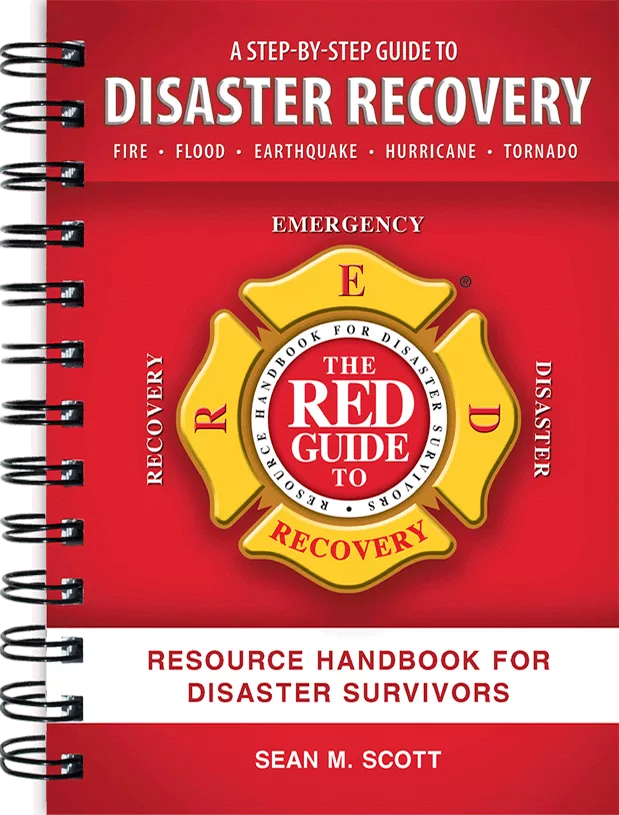To CAT or not to CAT? Who Should Stay Home
Storm work isn’t for everyone. Here’s how to know if your restoration business is truly ready for catastrophe response.

Credit: bymuratdeniz / iStock / Getty Images Plus
Every year, the same pattern shows up.
Storm hits. Facebook lights up. Everyone’s talking about “heading out.” Trucks on trailers, crews in matching polos, all chasing the big one.
Truth Bomb!
Most of you should stay home.
That’s not me gatekeeping. That’s me trying to save you from wrecking your business in a parking lot 900 miles away.
Catastrophe Work Isn’t the Fix—It’s the Filter
A lot of restoration contractors think storm work is the answer.
Rough year? Go chase a CAT.
Need cash? Go chase a CAT.
Bored? Go chase a CAT.
But if you’re already under water—financially, operationally, mentally—CAT work won’t save you. It might actually finish the job.
Bad decisions cause worse decisions.
You’re walking into chaos. Big losses. Big stakes. Bigger expectations. If your house isn’t in order, you’ll get crushed. Or worse, you’ll crush your team chasing something you weren’t ready for.
Why Are You Even Going?
If you’re honest, is it because:
- You’re desperate for revenue?
- You heard a guy made $1M in a week last year?
- You think out-of-state residential work will be easier than your local market?
- You’ve got trucks and no jobs, so… why not?
If that’s the case—don’t go.
Not this time.
Not until you’ve built something that can handle the weight.
The Cost of Going Unprepared
It’s not just the cost of fuel and hotels. It’s:
- The down payment on rentals and labor before you get paid
- The missed collections because you don’t have enforceable contracts
- The calls from home because your base business is falling apart
- The burnout from 18-hour days and no plan
- The invoices that get ghosted because you didn’t understand local laws (Florida has taught thousands this lesson)
The stories I hear post-storm? They’re seldom about how easy it was. They’re about the stress, the lost money, the damage done to their team, their brand and their cash flow.
Stay Home If…
Here’s a quick gut-check. If you say “yes” to more than a couple of these, do yourself a favor and sit this one out.
- You don’t have at least 60 days of operating cash
- You’ve never led a job over $50K
- Your pricing model is “whatever Xactimate says”
- You don’t have a signed contract before setting foot on site
- Your documentation is sloppy or non-existent
- Your crews have never worked away from home
- You don’t have a collections plan beyond “hope they pay”
- You still think every job is worth taking
It’s okay to not be ready. It’s not okay to pretend you are.
Go If You’re Built for It
On the flip side—some of you are ready. Not because you’ve got new logos or fresh boots, but because you’ve done the work. You’ve built structure, systems and self-control.
You’re probably ready if:
- You’ve run complex commercial jobs before
- You’ve got leadership that doesn’t need babysitting
- Your contracts are tight, your documentation’s sharp and your pricing is clear
- You know the legal and logistical risks of working across state lines
- You’ve got capital, not credit cards, to float operations
- You’ve practiced—actually practiced—mobilization
- You know when to walk away from a bad job, even during a storm
That’s the difference.
You’re not going out to “see what happens.”
You’re going out to execute.
Wrap-Up
Don’t let hype pull you into something your business isn’t ready for.
There’s no shame in staying home, getting better and building something solid. That’s how you’ll be ready next year—or the year after that—when the storm comes and you can finally answer the call with confidence, not desperation.
CAT work is a different game.
And it doesn’t reward enthusiasm.
It rewards readiness.
If you’re not sure where you stand, that probably tells you everything.
Looking for a reprint of this article?
From high-res PDFs to custom plaques, order your copy today!









